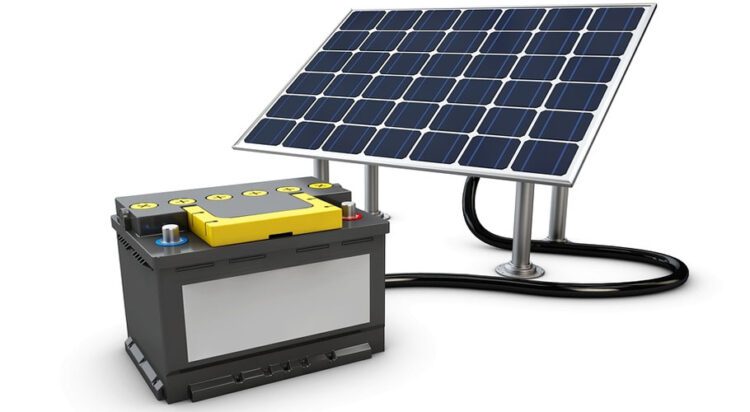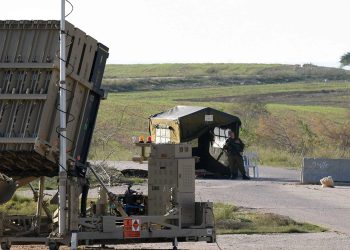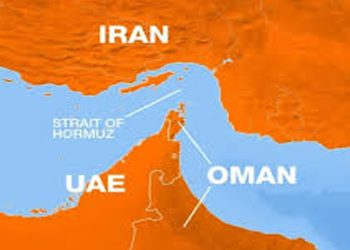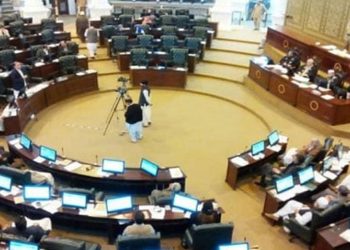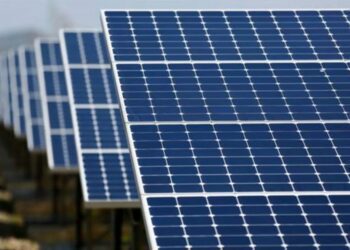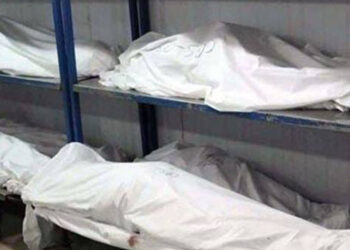The Sindh government has launched an initiative to distribute solar home system kits to 200,000 low-income households, offering an 80% subsidy to help mitigate the impact of soaring electricity costs. This program aims to provide affordable and sustainable energy solutions to families struggling with high power bills.
Eligibility for the subsidized solar panels is based on the Benazir Income Support Program (BISP) register, with the following criteria:
- Households with a Poverty Scorecard of 21 to 50: These families are eligible to purchase the solar home system kits at a subsidized price of Rs6,000. This 80% discount on the full price is intended to make solar energy accessible to low-income households with some ability to contribute.
- Households with a Poverty Scorecard of 0 to 20: The most economically disadvantaged families, who cannot afford even the subsidized cost, will receive the solar kits free of charge. This support is provided under the Annual Development Program (ADB scheme) of the Energy Department.
Chief Minister Murad Ali Shah announced the program at a recent event in Karachi, emphasizing that this initiative is a response to the rising electricity tariffs and the financial strain they impose on low-income families. With recent increases in electricity costs, the government aims to provide a sustainable and cost-effective alternative to traditional power sources.
The solar panels distributed through this program will be capable of powering a single fan and three bulbs, offering essential lighting and cooling. This setup is designed to assist households during periods of high electricity costs or power outages.
The Sindh government also plans to expand the program, to ultimately provide solar panels to two million households. Additionally, there are plans to convert all government buildings to solar power, with 34 buildings already equipped and an initial target of generating 400 megawatts of solar electricity.







